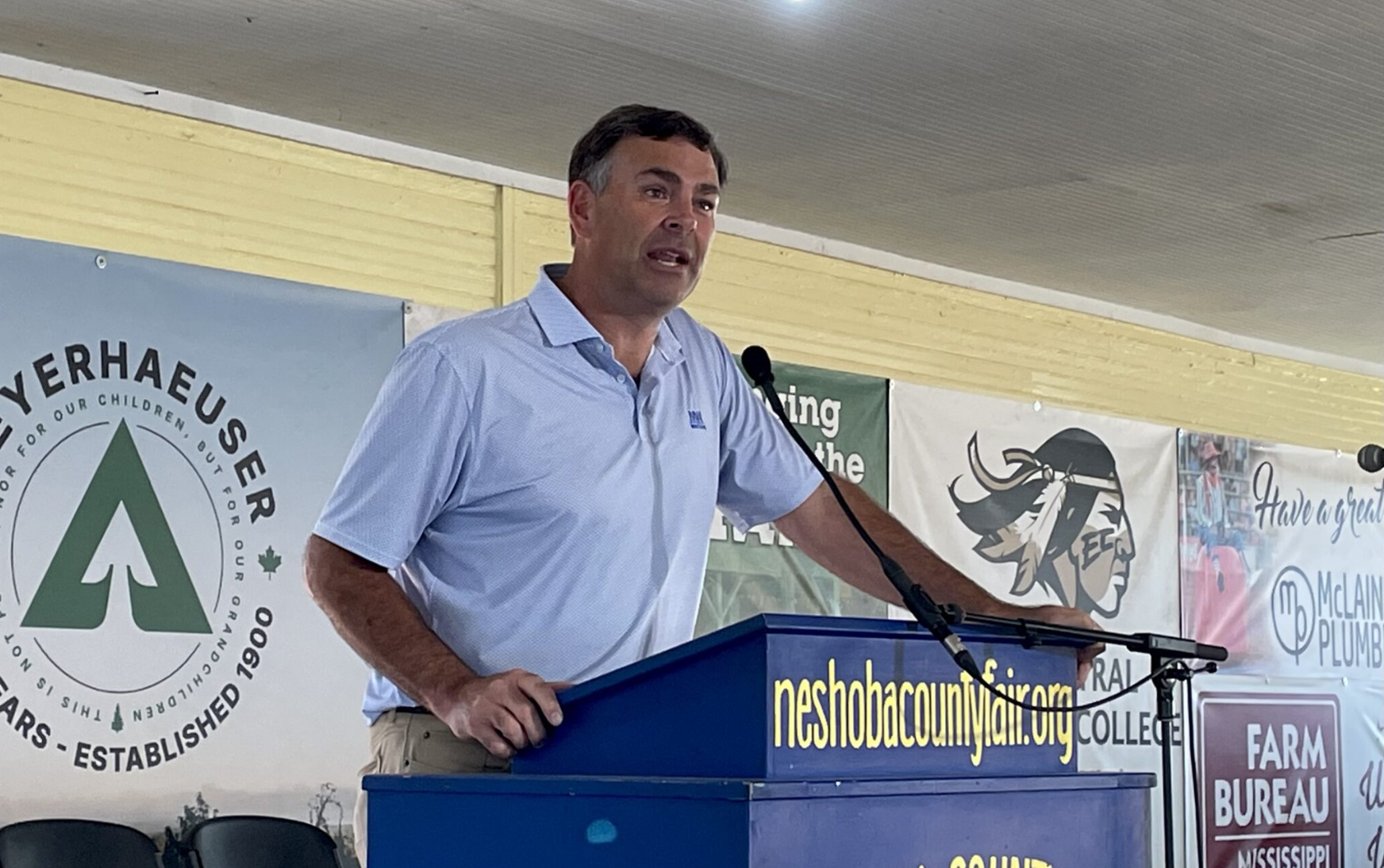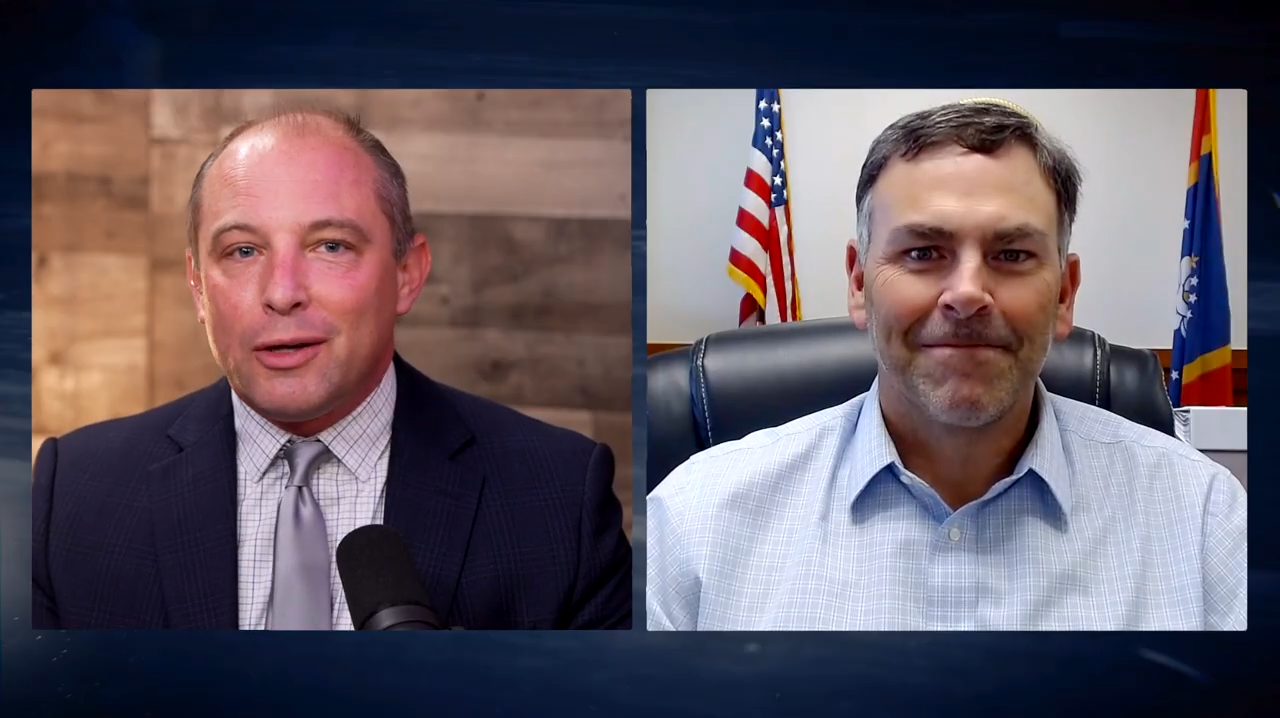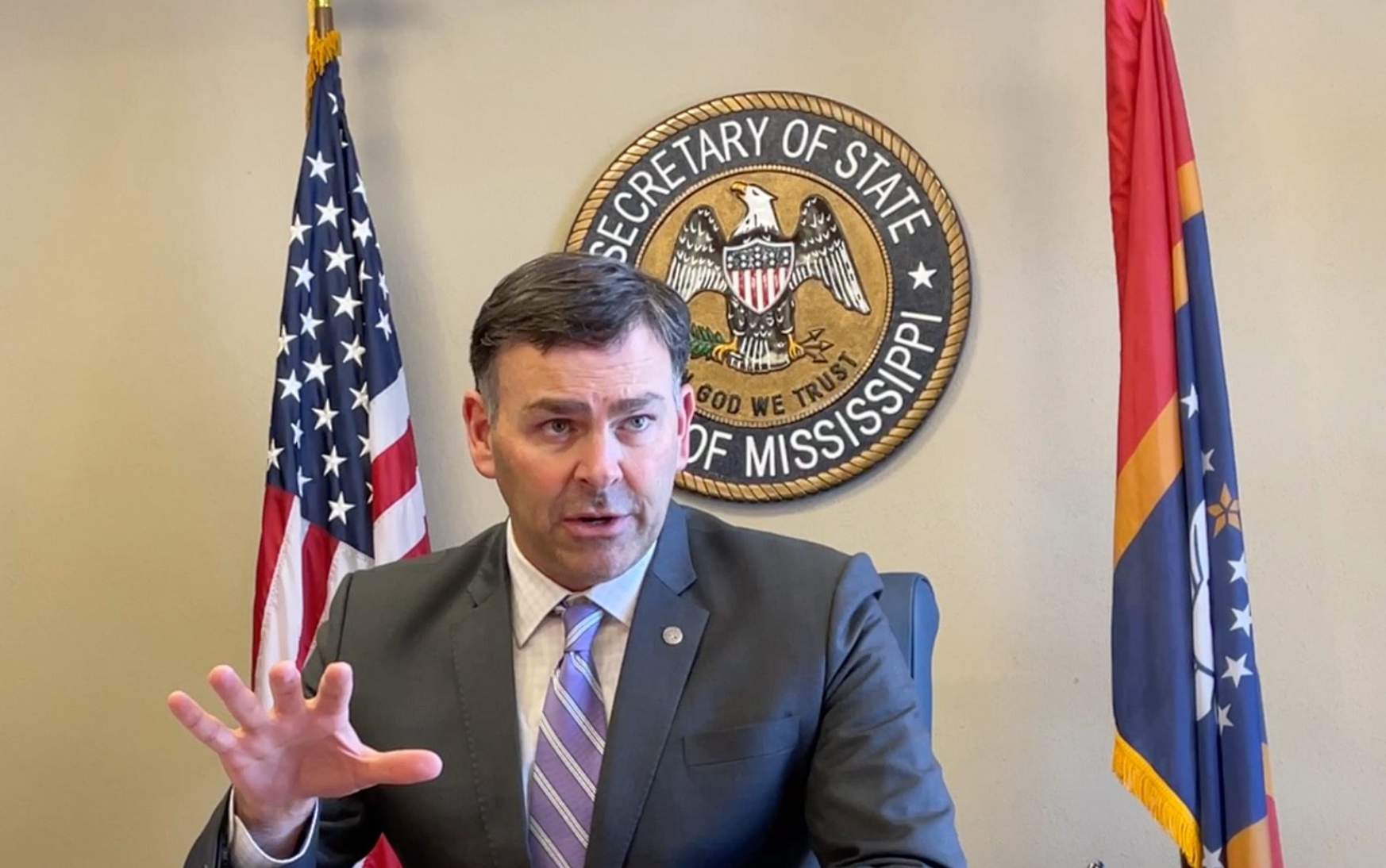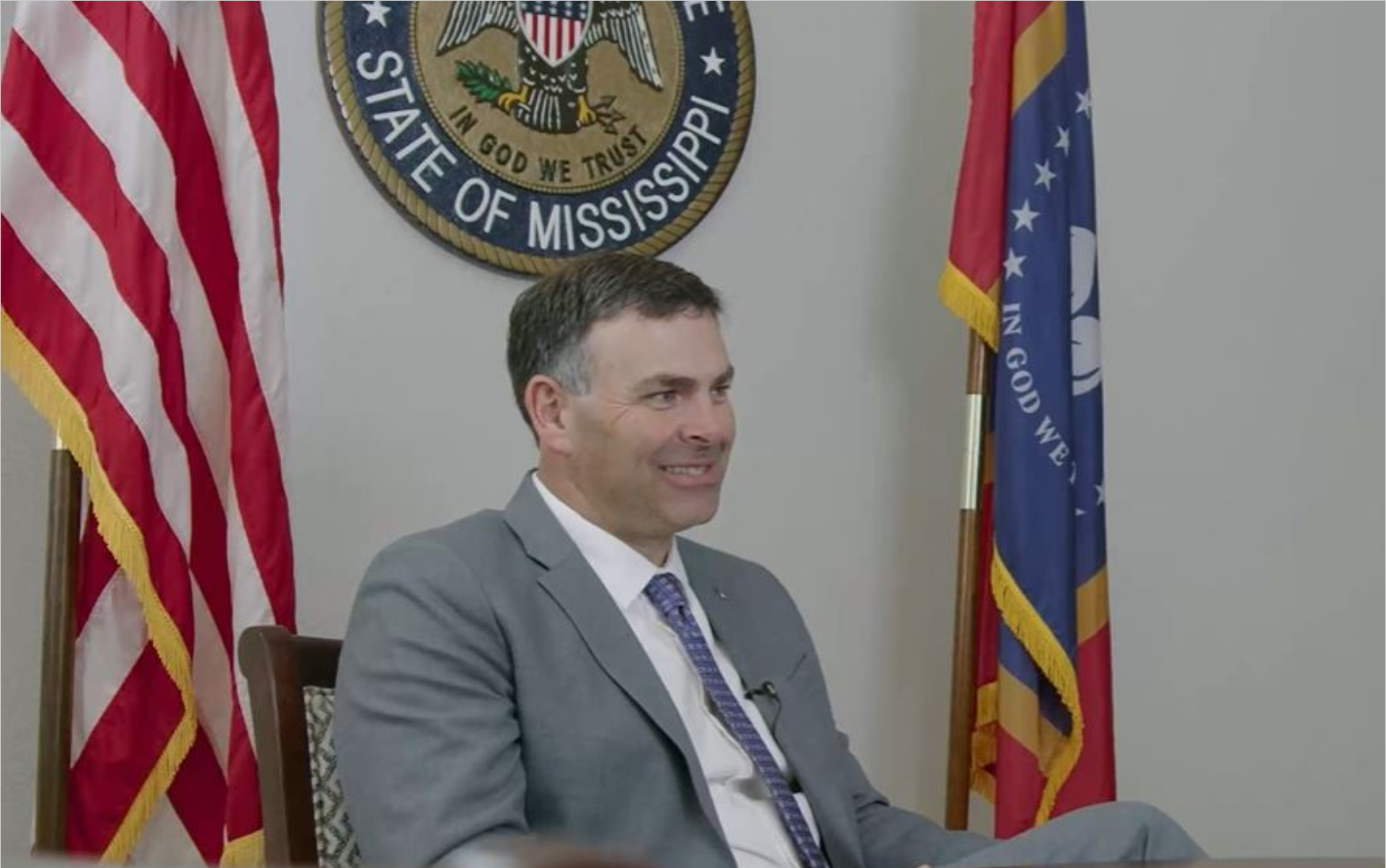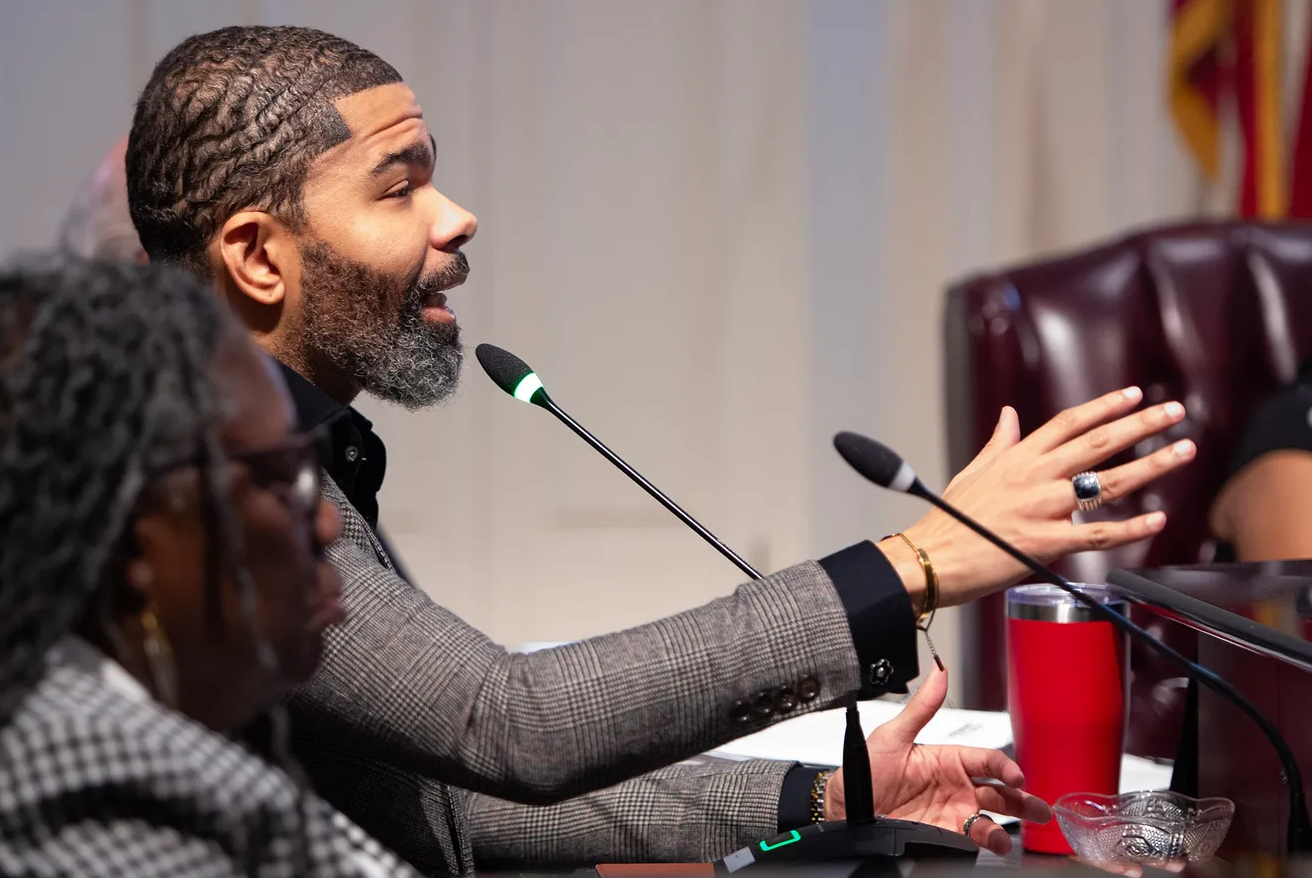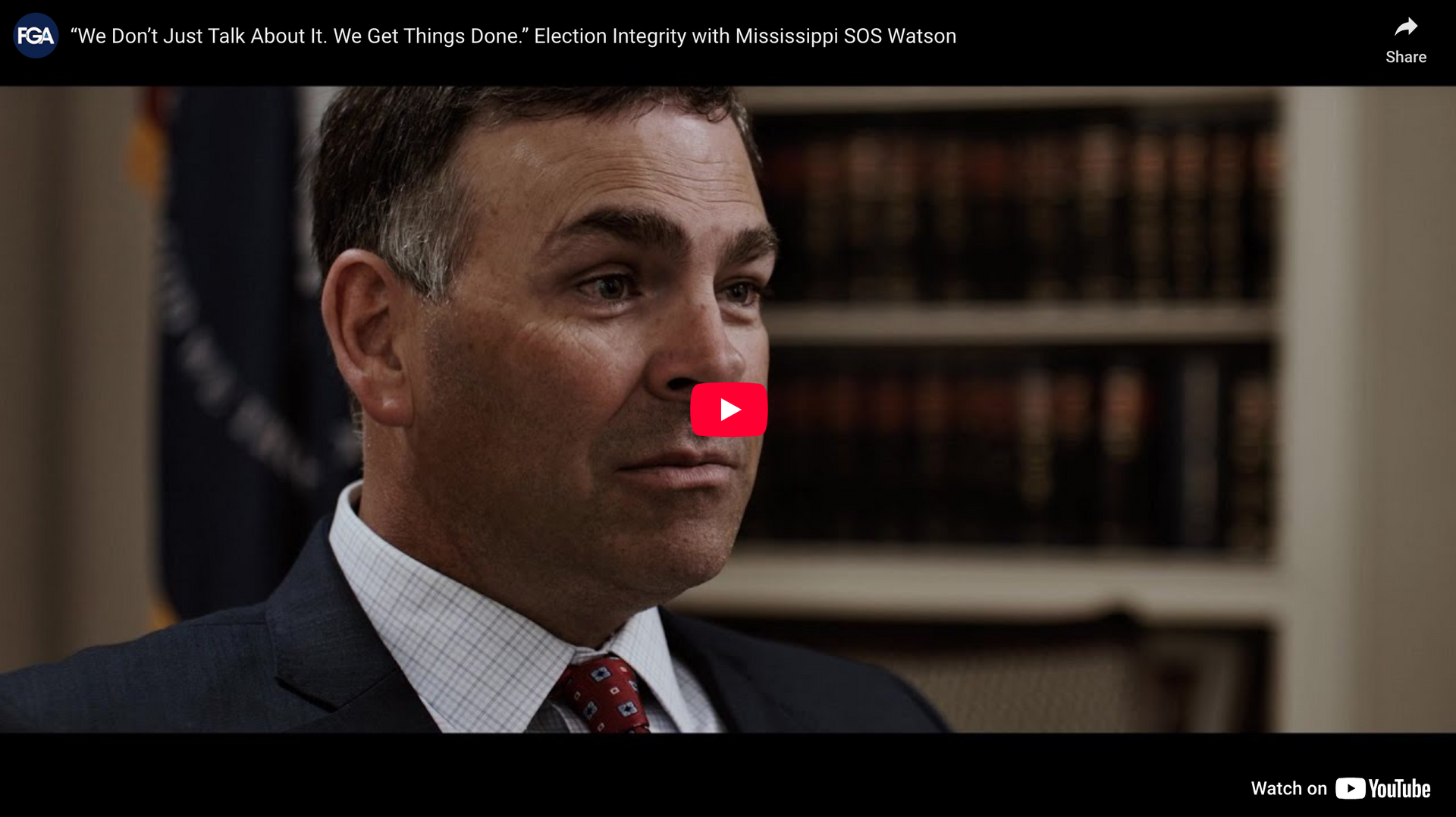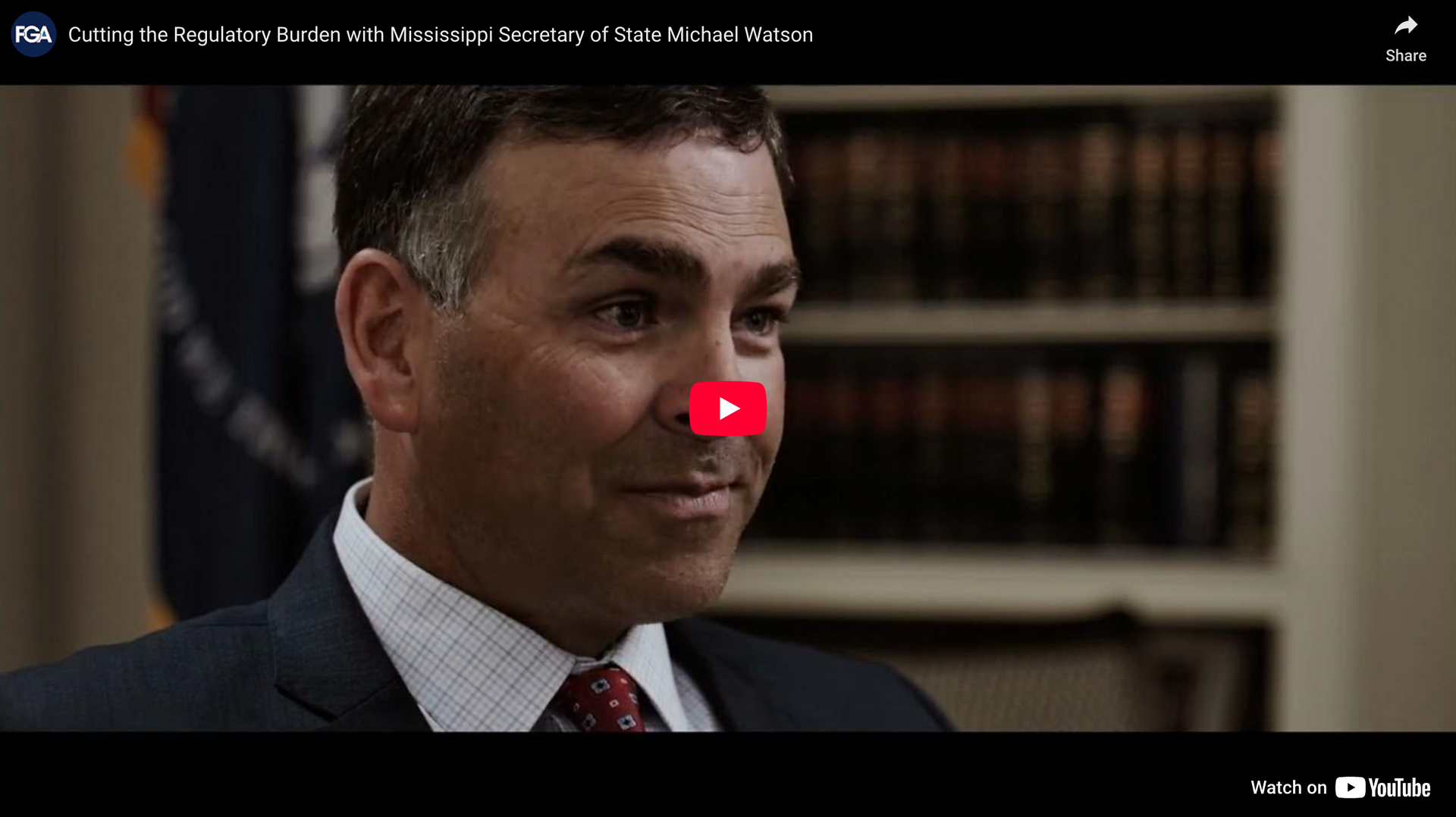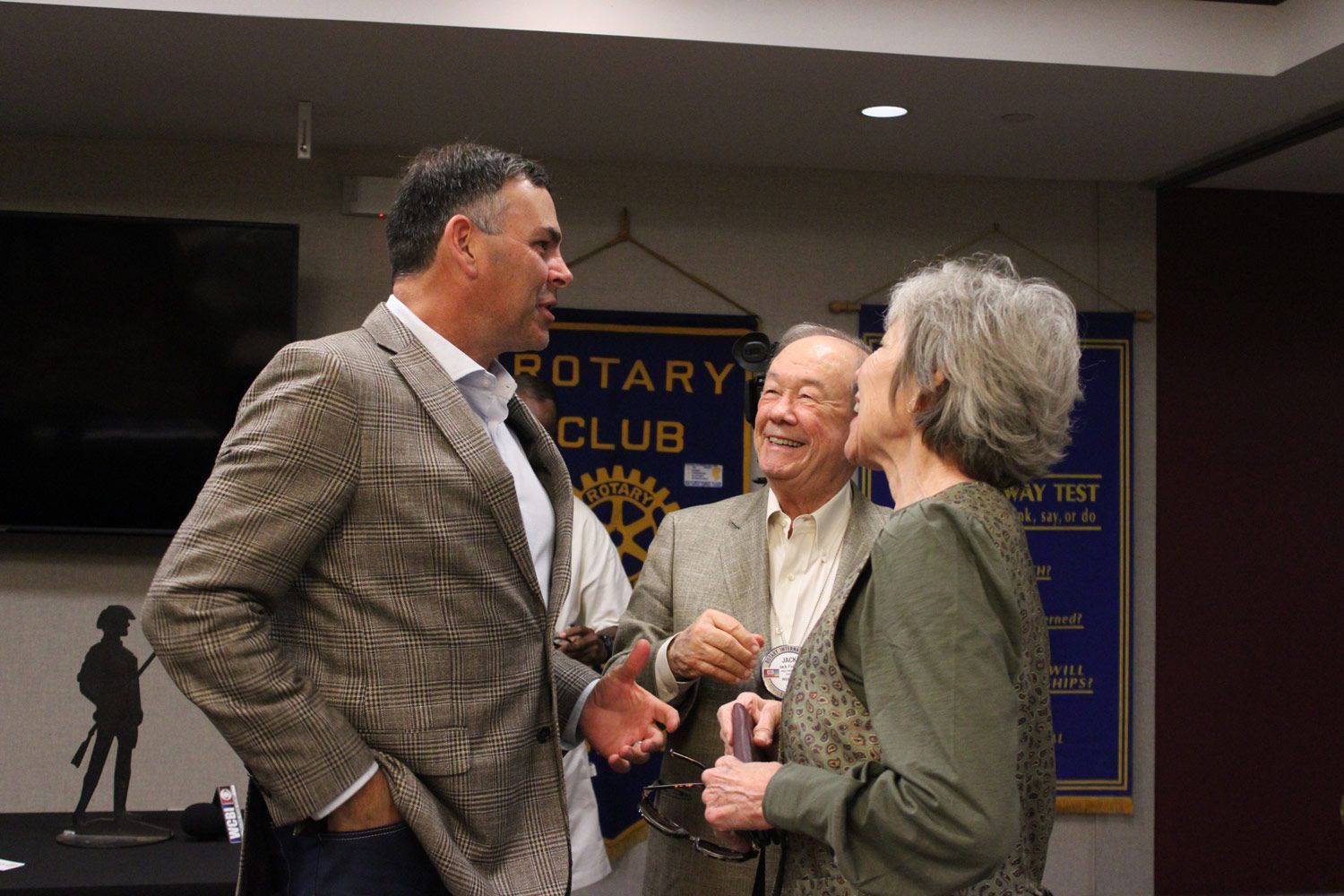OPINION COLUMN: The Mississippi Gulf Coast can't be ignored when it comes to Mississippi River sediment diversions
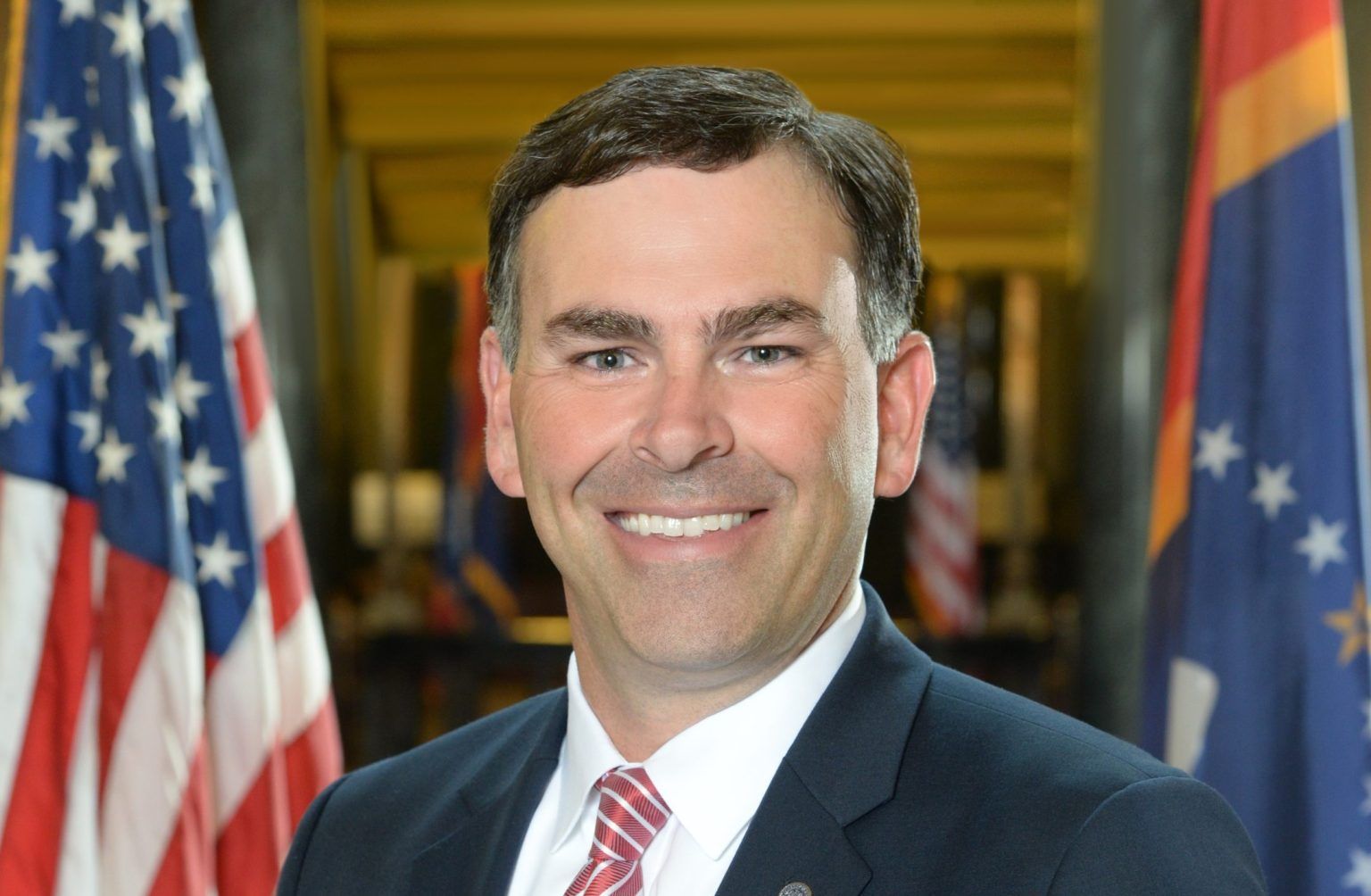
As the only statewide elected official from the Mississippi Gulf Coast, I have been actively involved in monitoring the potential impacts of the proposed Mississippi River Sediment Diversion (MRSD) projects in Louisiana’s coastal master plan. I am thankful the Mississippi Department of Marine Resources (MDMR) and the University of Southern Mississippi (USM) teamed up on the recent Mid-Breton Sediment Diversion (MBrSD) Assessment. My stance has not changed. If the diversions, particularly MBrSD, are bad for the Mississippi Sound (MSS), then I will fight their advancement to ensure the impacts are mitigated and make sure Mississippi has a seat at the table throughout the process.
The newly released report by MDMR and USM shows the MSS would be adversely affected by the operation of the MBrSD under at least one, if not all, of the three scenarios tested. What this report proves is the US Army Corp of Engineers (USACE) should include impacts to the MSS in their MBrSD Environmental Impact Statement (EIS), and Mississippi stakeholders should be actively involved in determining what operational regimes of the MBrSD could be harmful to the MSS. It further proves we should be actively involved in ongoing monitoring of the ecosystem at large when, or if, the MBrSD becomes operational.
The Mississippi Gulf Coast ecosystem has suffered greatly over the past decade due to unprecedented flooding resulting in 237 days of Bonnet Carre Spillway (BCS) openings over the last 12 years. We are grateful the United State District Court for the Southern District of Mississippi recently ruled the impacts of the BCS to the MSS were overlooked in the EIS for the BCS and those impacts are being reconsidered. This ruling coupled with the recent USM study fortifies the stance that the MSS should be included in the EIS for the MBrSD.
To avoid adverse effects to the MSS, the MDMR/USM study recommends Louisiana “exercise caution if a full opening of the MBrSD is being considered during high river discharge, especially during BCS openings.” It further recommends we “Conduct short-term near real-time forecast modeling, currently in development, to assess risks based on relevant weather and riverine conditions as the timing and flow level of a freshwater diversion are key factors that affect impacts on Mississippi jurisdictional waters.”
The study also points out more research could be beneficial in determining the impacts of the MBrSD under other operational parameters and Mississippi River Hydrology (MRH) conditions. Since the study was commissioned, the maximum design flow of the MBrSD has been lowered from the 75,000 cubic feet per second used in the study, and we must remember the MRH is a living, breathing unpredictable force.
Because of the delicate balance existing in our shared ecosystem with our neighbor, we can’t ignore the existential land-loss problem Louisiana is facing in the Mid-Breton Sound and Biloxi Marsh. As healthy marsh lands continue to disappear across what is left of the crow foot delta, we must determine what the long-term impacts to the MSS will be when they are gone. While we have evidence of the negative impacts MBrSD could have on the MSS under the studied operational parameters, a course of no action on Louisiana’s part could also have disastrous effects on the Mississippi Gulf Coast.
My mode of operation has always been to build and maintain relationships which enable difficult conversations like the ones that lie ahead related to the health of our precious natural resources. I stand committed to this course of action until it proves ineffective. I will continue to monitor and facilitate interaction with all stakeholders to ensure Mississippi gets and maintains a seat at the table, insuring a positive outcome for our Mississippi Gulf Coast.
MICHAEL WATSON
Secretary of State
State of Mississippi
